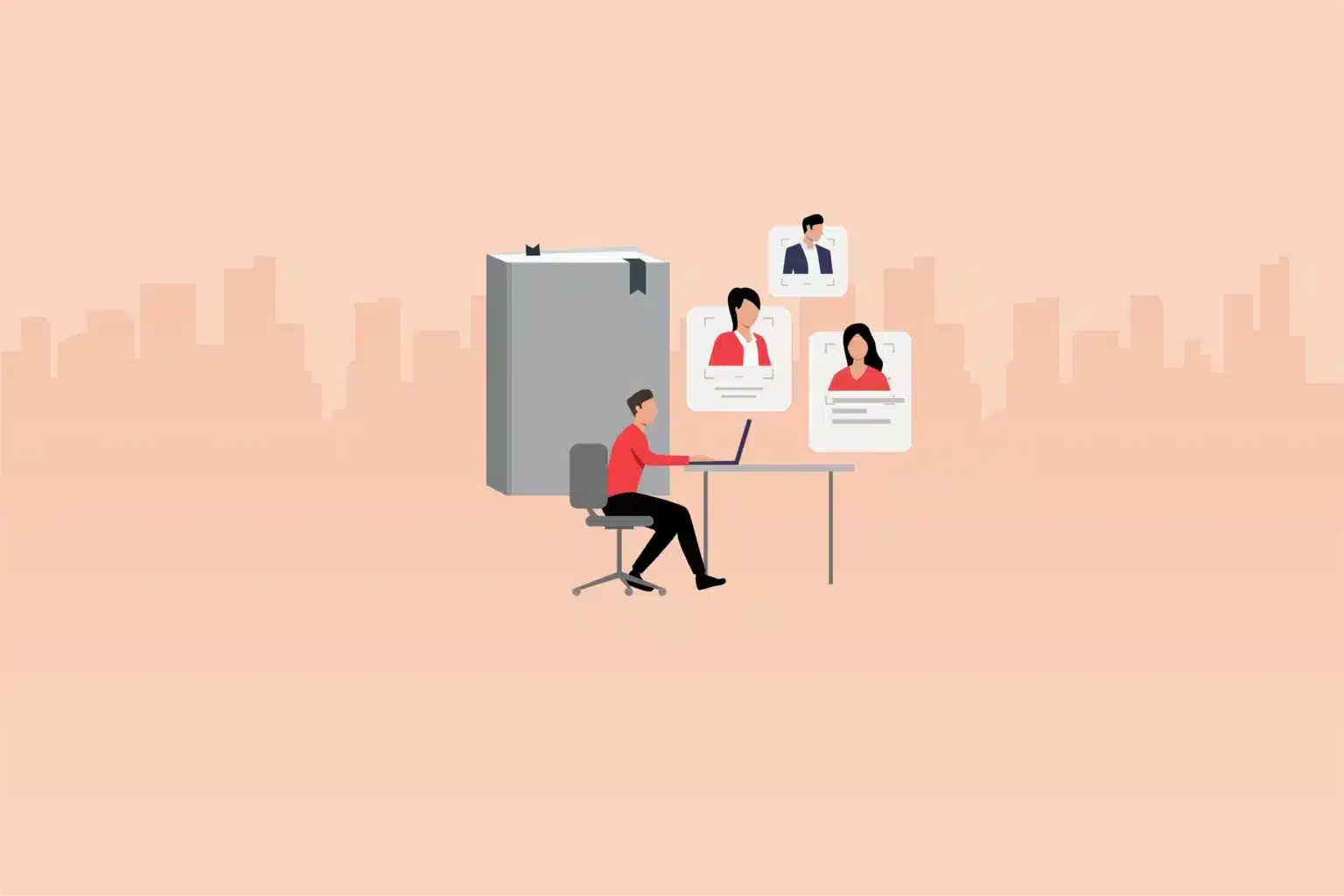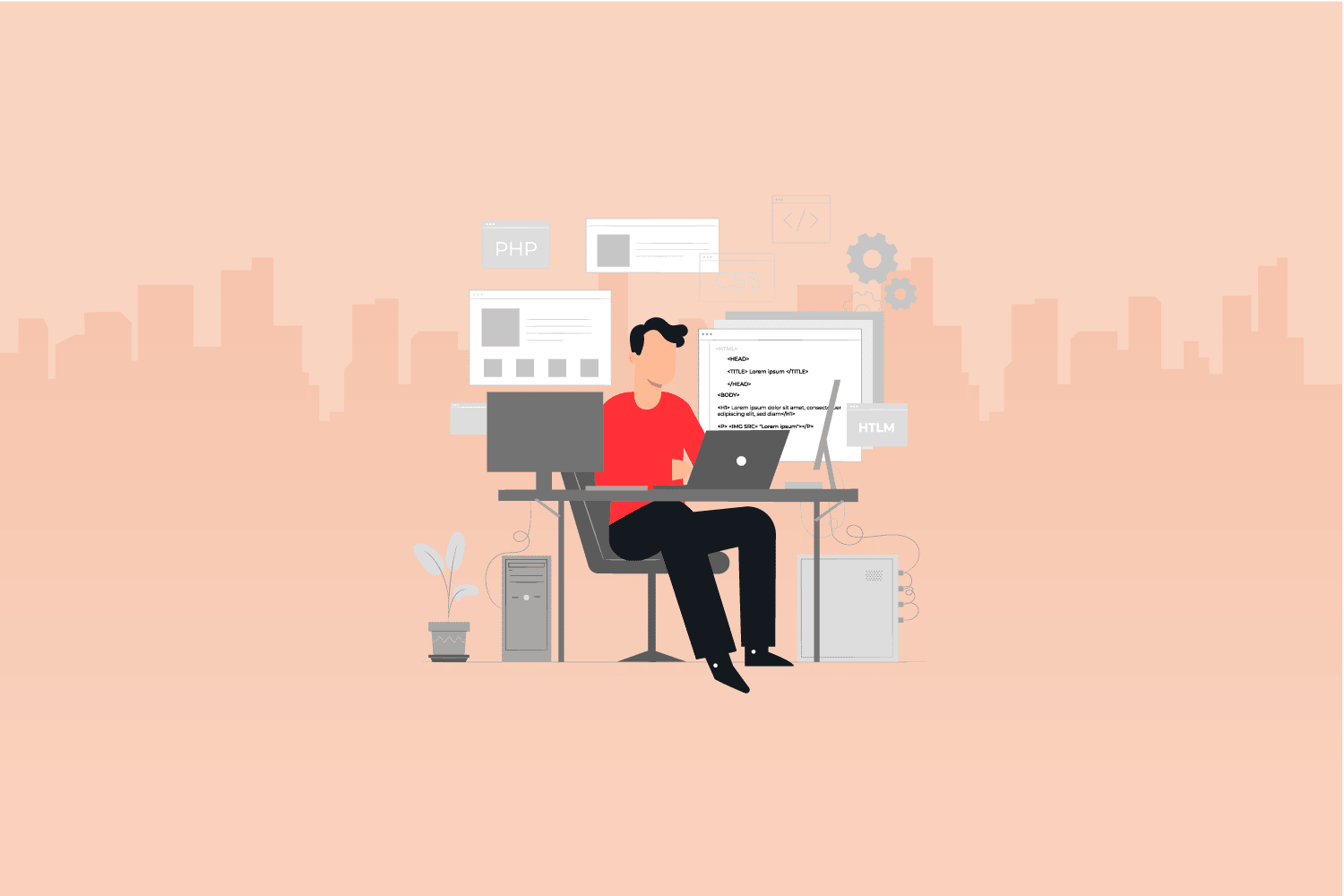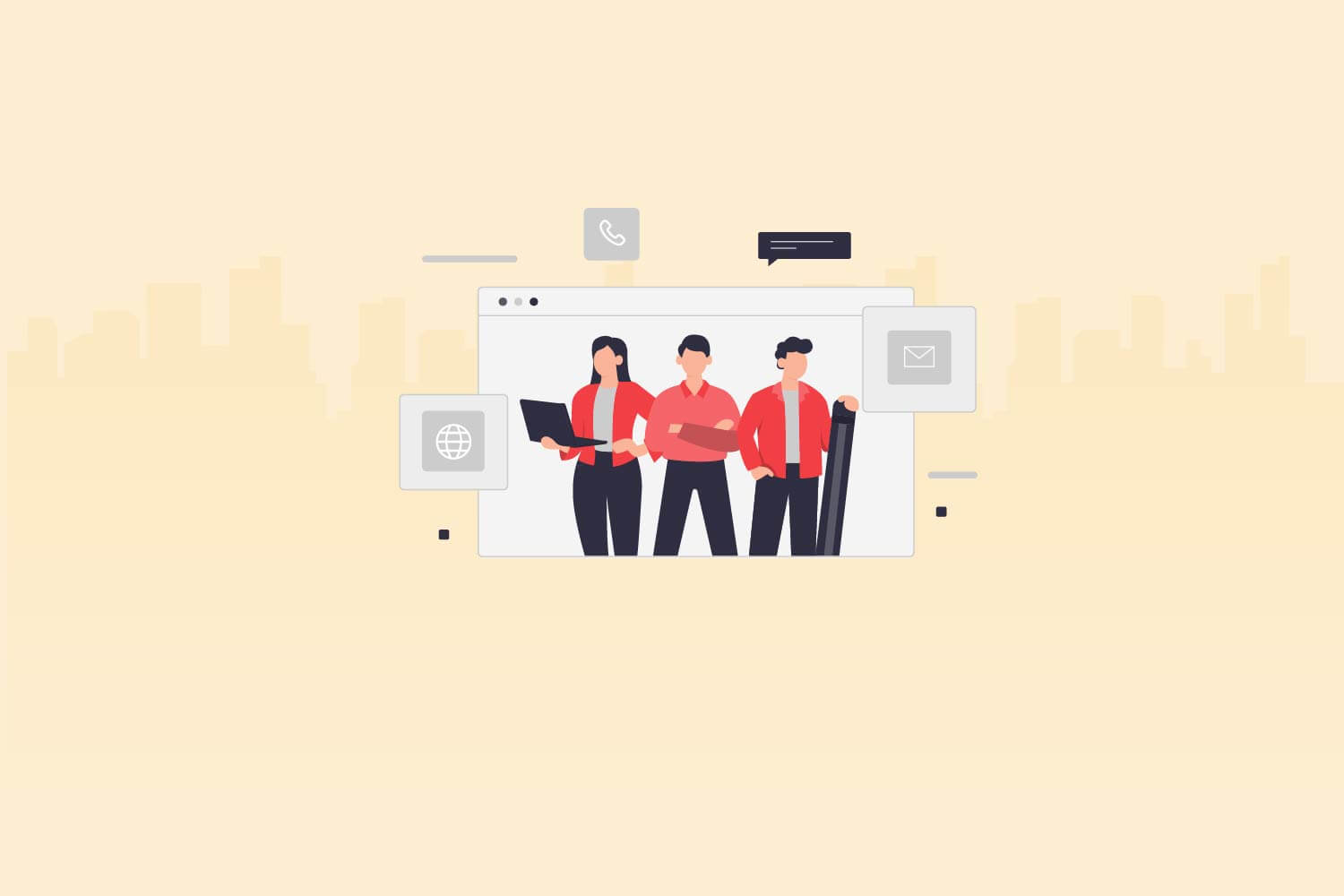Today, organizations rely heavily on technology, and the number of cyber threats has risen as a result. Cybercriminals are constantly coming up with more sophisticated ways to access our networks and databases.Therefore, cybersecurity should always stay at the highest level.
Human Resources saves and stores sensitive information on employees, making them a frequent target of cybercriminals. Thus, HR professionals need to stay on guard against the latest cybersecurity threats. Luckily, an easy-to-use tool like a VPN can help them along the way.
Benefits of VPN for HR professionals
Some might regard a VPN as a cybersecurity tool only, but it is much more than that. A VPN helps HR professionals hire globally using various tools and apps, work securely from anywhere, ensure safe data transfers, and simplify daily tasks.
The emergence of remote work introduced HR to increased data breaches and other cyber threats. Luckily, a VPN ensures additional security to every online meeting or video conference. Let’s learn more about why a VPN, especially the one with malware protection, is beneficial for HR departments:
Avoiding geo-restrictions
VPN is a tool to have when searching for potential candidates in the global talent pool. It allows HR professionals to access job boards and platforms that otherwise wouldn’t be wouldn’t be available because of geo-restrictions.
Once connected to a VPN server of your choice, you will be assigned a new IP address. Geo-restricted websites and platforms register the server’s IP address and allow HR professionals to view the content. With a VPN, recruiters can access more global talent databases and find the right candidates for their organizations. It can open a world of possibilities and introduce recruiters to amazing people from different regions.
Securing communication
HR professionals communicate with existing employees and job candidates daily. It often includes sharing documents, files, and other data related to a company or organization. As remote work offers more freedom, employees might opt to work from home, their favorite café, a library, or abroad. Public Wi-Fi networks are a part of remote work, and it’s crucial to know how to secure our communications.
VPN encrypts the data sent to or from your device. It means that the traffic, such as files, messages, and emails, is protected from snoopers. Even if someone intercepts your data, it will stay unreadable, making an attempt harmless. A VPN ensures remote workers can connect to the company’s network and access its resources safely. That’s why a VPN is a valuable tool every remote worker should have at their disposal.
Preventing cyberattacks
HR professionals are frequent targets of phishing attacks due to the nature of their work. Cybercriminals can’t wait to get their hands on private information about employees and candidates. However, the good news is that some VPNs have malware protection that can help prevent phishing and other cybersecurity threats.
This feature involves scanning files for viruses and other types of malware. It can also elevate your privacy by blocking trackers and stopping you from entering malicious websites. Would you like to acquire full security with your VPN? Then, look for a provider that offers integrated threat protection and see if they tick all your cybersecurity boxes.
Protecting compliance and data
Human Resources is legally bound to protect employee data. Besides limiting access to the files containing private and confidential information, HR should also encrypt the files and use safe storage. Cybersecurity and data protection are a part of the agreement
Scheduled assessments of the systems and databases warn HR professionals about possible security weaknesses that should be patched in time. But a VPN can come in handy for data protection as well, especially when transferring sensitive information.
HR professionals who access databases remotely should use a VPN with malware protection to prevent eavesdropping and data breaches. It is a handy app that helps you follow data protection regulations for safeguarding employee information.
Safeguarding important information
Human Resources handles documents that contain a treasure trove of information for cybercriminals. For example, files with employee personal information have names, addresses, and social security numbers, which can be misused for identity theft.
Human Resources also stores financial data, which include bank account numbers and salary information. In addition, some HR professionals have access to the company’s confidential files, and hackers would love to use this data for blackmail. After acquiring it, they usually request money in exchange for privacy.
Cybercriminals might try to gain access to personal information via social engineering and phishing. These are becoming harder to spot nowadays due to the use of AI. Tools like ChatGPT can craft a perfect email that sounds legitimate and real. Choosing a VPN provider with malware protection should keep you safe from this and other potential threats in the HR field.







